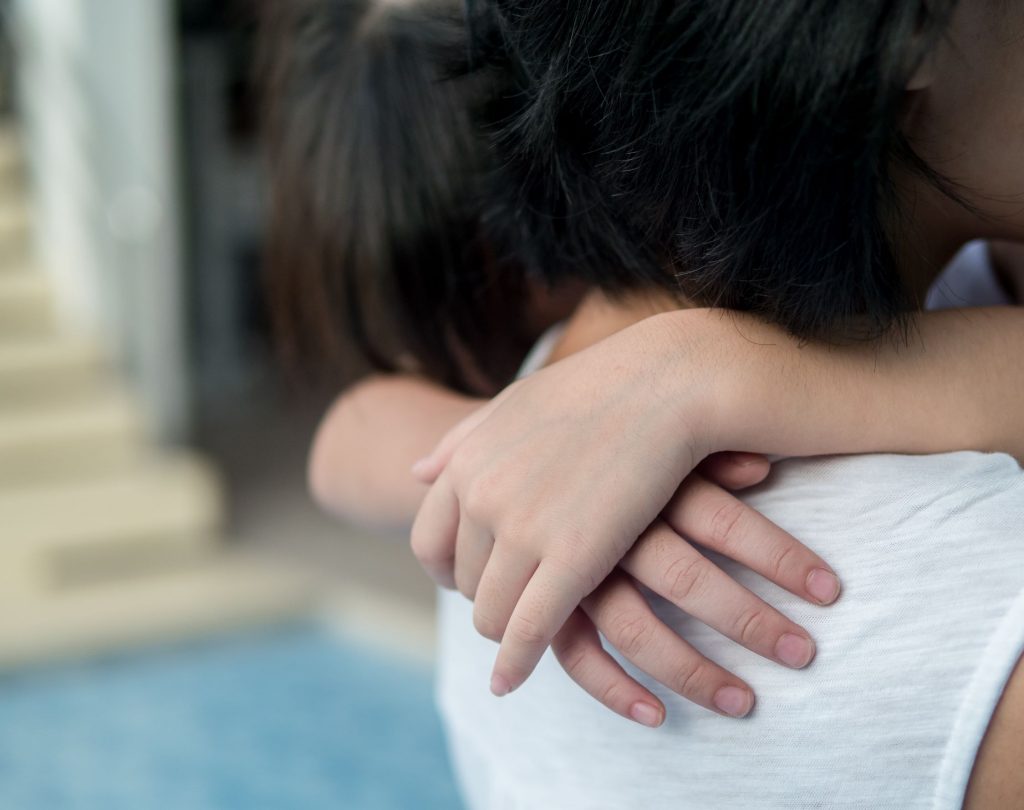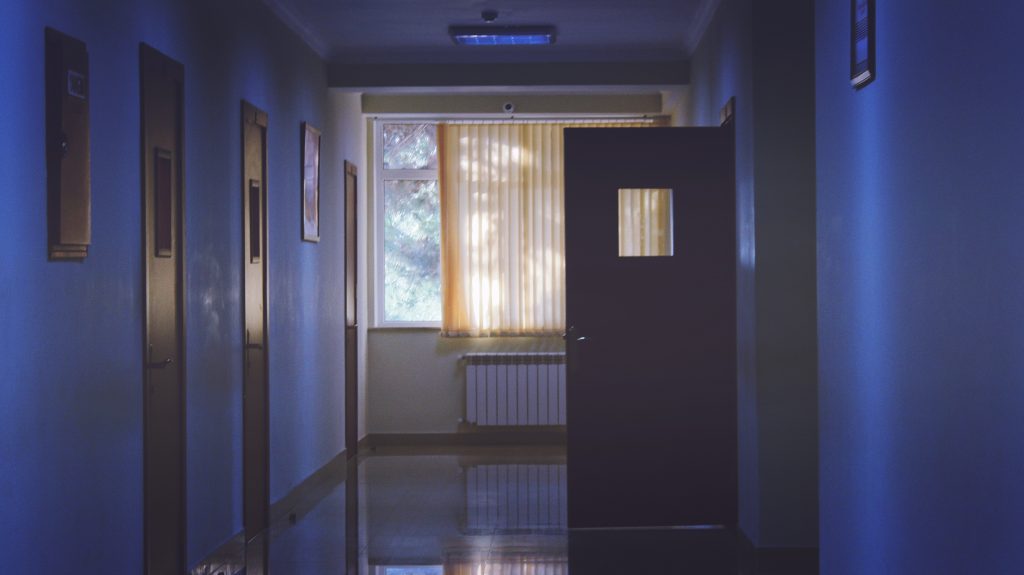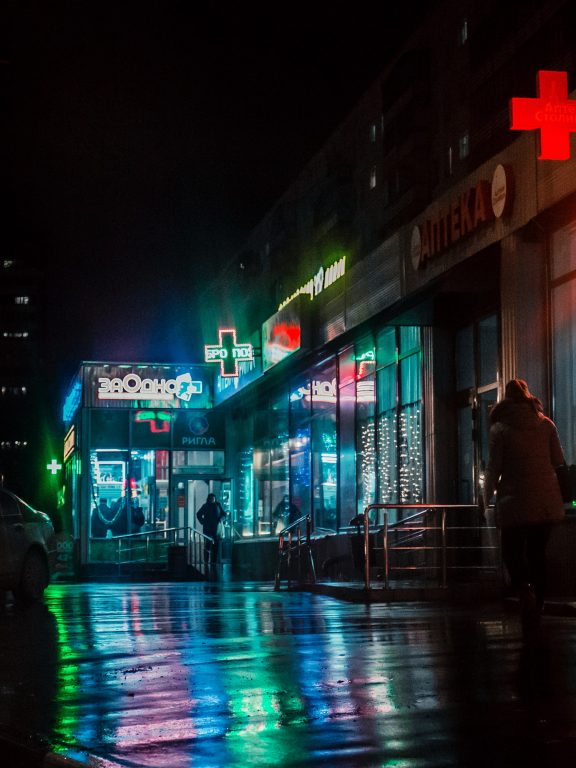Hi folks.
Thanks for joining in. I’m bumping up these posts to a few times per week while everyone is at home. We are all isolated, scared, anxious but above all, we are together. Whether we are together over social media and technology or if you’re world is all within the four walls of your home— everyone can agree that relationships will be stronger when this is over.

As an RN, I have worked at a busy children’s hospital for over a decade. I started out of school when I was just 22 years old and I have seen more tragedy, loss, despair, and heartbreak than anyone should ever see. I have also seen beauty, grace, determination and the most wonderful and incredible miracles that life can hold. I tell everyone I know that in pediatric oncology you typically have one bad day for every 99 good days. It’s an incredible place to work and it feels like home to work there.
COVID-19 is catastrophic, however. We (everyone) will never be the same after this is over. Nothing will ever be the same.
I have noticed on many forums and Facebook groups that the public is asking health care professionals how they can help the frontline staff. The common answer is to play your role in preventing the spread of COVID-19 but I also want to give an example of how we work in a Code Blue situation. “A Code” as we call it, is when a person is crashing and we have to work together to perform life-saving measures.
When that button is pushed, the hospital will have an alarm that tells the appropriate team we are in crisis. It’s alarming (especially in the middle of the night) to hear Code Blue, Location, Code Blue, Location. We hear the bell ring first and all hold our breath until we hear where they are located.
The person who called the Code is often the primary nurse of the patient. This person will be starting CPR, bringing the bed to a flat position, assessing the patient and simultaneously calling for help from colleagues. Once everyone gets there (typically in less than a minute), roles are assigned. Everyone is calm, supportive and works together to save a life.

There will be two people performing CPR, one doctor who “leads the code”, usually a few students who are learning. Another nurse will be there to assist the primary nurse with medication. Another will take the role of recording what’s happening. The room is calm chaos, and it’s calm because everyone trusts that the team on the other side of the door is also doing their job.
The people on the outside– the “runners”. They are so important. These are team members who get supplies, call the lab, answer call bells from the other twenty patients on the unit. These are the people who keep the rest of the patients alive while we are working with the sickest patient. These people graciously do their job and look after everyone else, knowing that their coworkers are trying to save a life. We would fall apart without the help of the runners.
So my ask for people when they wonder how they can help frontline workers during this unprecedented demand on the healthcare system — be a runner. Hold the fort on the outside. Play your part in keeping others safe. Be a kind human and support each other. Don’t add to the chaos by creating hysteria over toilet paper. Don’t take away our tools by stealing hand sanitizer, masks, and gloves from the hospital — we don’t have an unlimited supply. Wash your hands, a lot! We need you just as much as you need us.
Let me say that again. We need you, just as much as you need us. I’ll leave it there.
Stay well friends. I’m thinking about you!

Sam

